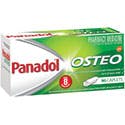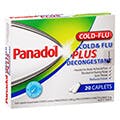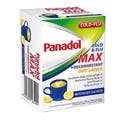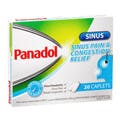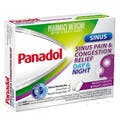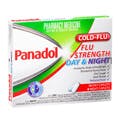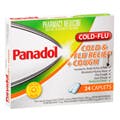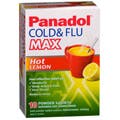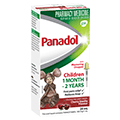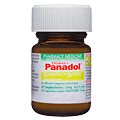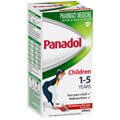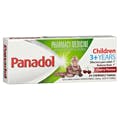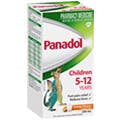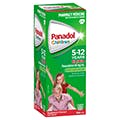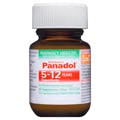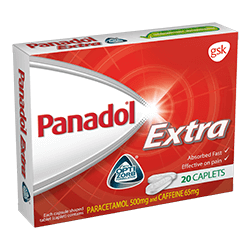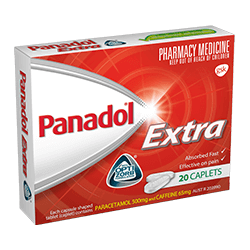
Period Pain
It’s important to know that, although it’s an annoyance, period pain is a natural occurrence in many women. While it can be normal, period pain can disrupt your day-to-day life, so it’s important to understand how to manage this pain.
Below you can read about what causes the condition, and how to relieve period pain.
How To Deal With Period Pain
Painful periods can affect women of all ages, though the younger you are, the more likely you are to get them. They can be a rotten fact of life for those of child-bearing age, though some women say they disappear after having children, while others don't get them at all. Everyone is different.
What is period pain?
Each month, your womb (uterus) builds up a protective layer, in preparation for hosting a baby. If you are not pregnant, your body breaks down and replaces the lining of tissue and blood every 28 days or so (though this timing can vary from person to person).
This is what's known as ‘a period’ (or menstruation), and is a normal part of your menstrual cycle.
The uterus contractions (or squeezing) that help remove the layer can cause period cramps for one or more days. It's thought that some women produce more 'prostaglandins' (the contraction-triggering chemicals in your body), making the womb squeeze harder, which in turn increases the pain. You may experience cramping pain in your lower abdomen, but also in the lower back or thighs.
While this is an experience many women share, if you experience particularly heavy bleeding, very severe cramps or pain between periods, it's best to consult a healthcare professional.
What else can I expect during menstruation?
While every woman is different, other symptoms that may occur during menstruation include the following:
- Headaches
- Tender breasts and/or a swollen belly
- Feeling sick or actually being sick
- Dizziness or fainting
- Diarrhoea or constipation
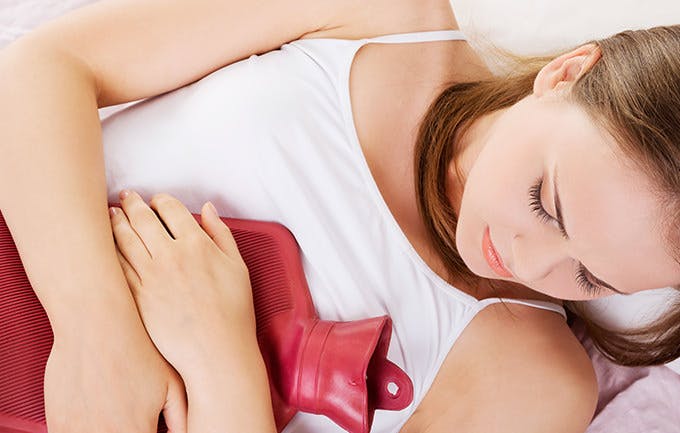
How to reduce period pain
Here are some tips that may help you manage your period pain and reduce the symptoms:
- Hold something warm against your belly, such as a hot water bottle
- Try light exercise such as swimming, cycling or going for a stroll
- Try activities such as yoga, Pilates or meditation
If the pain persists, try Panadol Extra, as it’s indicated to fight 5 types of tough pain, including period pain.











